The growth in the number of drivers considering buying a BEV (Battery Electric Vehicle) as their next car has slowed, according to a new study, as two-fifths (42%) of UK drivers said they would not even consider an EV or hybrid vehicle when planning on buying a new car.
Uptake of electrified models is being hampered by the cost-of-living crisis and causing drivers to delay new car purchases, slowing the move towards more sustainable modes of transport, OC&C's latest annual Speedometer report has found.
The report, which is built from a global survey of over 9,000 motorists from eight countries, found that while more than half of UK drivers (57%) now expect to own an EV at some point in the future, for most this is considered as a future ambition rather than an immediate priority.
Price remains the biggest barrier, with 55% of UK respondents stating that cost was a concern when considering buying a new EV vehicle. Making EVs more affordable, with low monthly payments, will be a critical step to adoption.
John Evison, associate partner at OC&C Strategy Consultants, said: “The cost-of-living crisis is certainly a bump in the road for the growth in EVs in the UK, but innovation on this scale rarely follows a straight line and there is still ample consumer demand for EVs if the barriers to access can be removed.
“Making EVs more affordable will be a key priority for the industry, but dramatically reducing the sale price is not an option for automotive businesses in the current environment. Therefore, businesses should be looking at how they can make new ownership models like subscription or a short 12–18-month leases more affordable to allay consumer concerns on cost, battery life and re-sale value and provide a variety of entry points for drivers considering their first EV.”
Although supply pressures have played their part too, weaker demand can be seen in recent sales data with EV new registrations growing slower than the overall market in October in UK, losing share of new registrations for the first time since May 2021.
Despite the cost-of-living crisis, consumers are not planning on giving up their keys - the report found that 75% of UK consumers still view their car as essential and drivers are set to accrue more mileage this year than before the pandemic, with 44% of UK drivers stating that the pandemic made a car more essential.
Consideration of alternatives like car sharing is also not increasing in response to the cost-of-living and remains a minority pursuit. The study found 80% of UK drivers would not consider car sharing as an alternative to car ownership.
The cost-of-living crisis could also be having an impact on the sustainability of the sector in other ways, with half (52%) of all UK drivers considering delaying their next car purchase. Consumers are instead holding on to their current cars for longer to reduce their impact until EV models are more affordable – a third of consumers say they will consider delaying their next car purchase for environmental reasons.
OC&C said the plateauing of EV demand is reflective of a group of ‘carservatives’ – drivers who are resistant to all forms of change when it comes to how they use and purchase their cars.
The survey found that nearly a quarter (23%) of drivers are “carservatives”, while 17% are true “early adopters” who look to embrace new automotive trends. In between are consumers interested in a range of trends, but by no means is being interested in one trend predictive of others.
These two different groups of UK drivers are creating a divergence in the trends of how and where consumers would like to purchase vehicles.
Evison added: “The disruptive forces the automotive industry has faced over recent years has led to an increasingly diverse range of customer attitudes when it comes to how people buy and use their cars.
“These two groups of carservatives and early adopters present opportunities for the automotive sector, but the variety of needs means one size does not fit all and businesses need to diversify their offers and models to cater for a range of drivers, taking change one step at a time. What consumers want is changing rapidly and the businesses that thrive will be the ones who are bold and willing to adapt to their products and services to meet the new demand in ways that are simple and convenient for the user.”

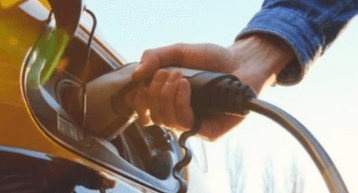

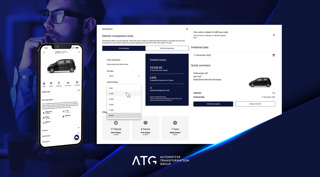
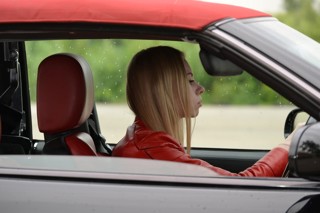
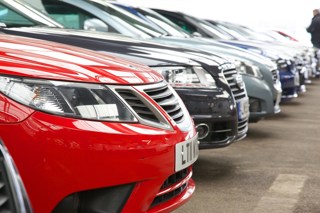

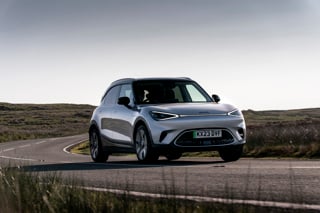











Login to comment
Comments
No comments have been made yet.